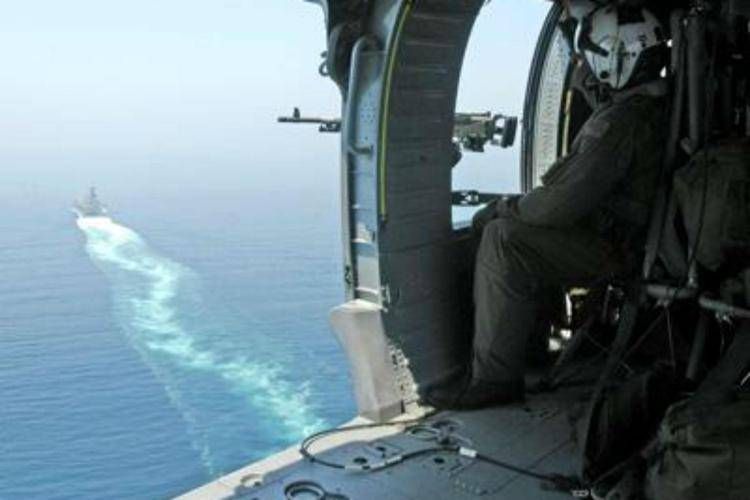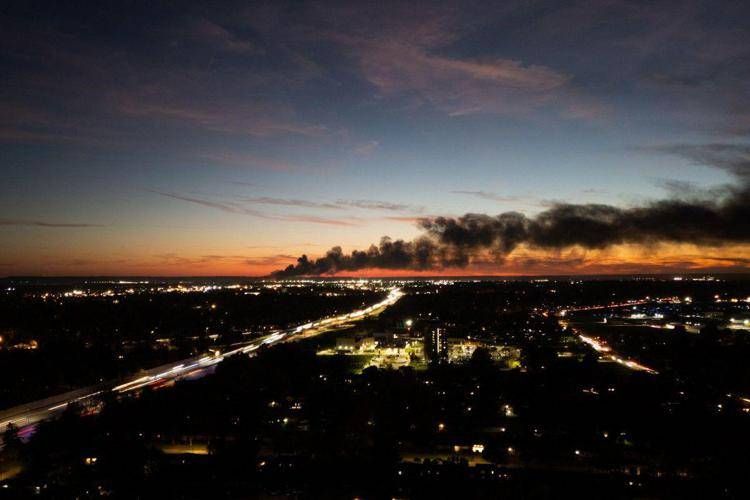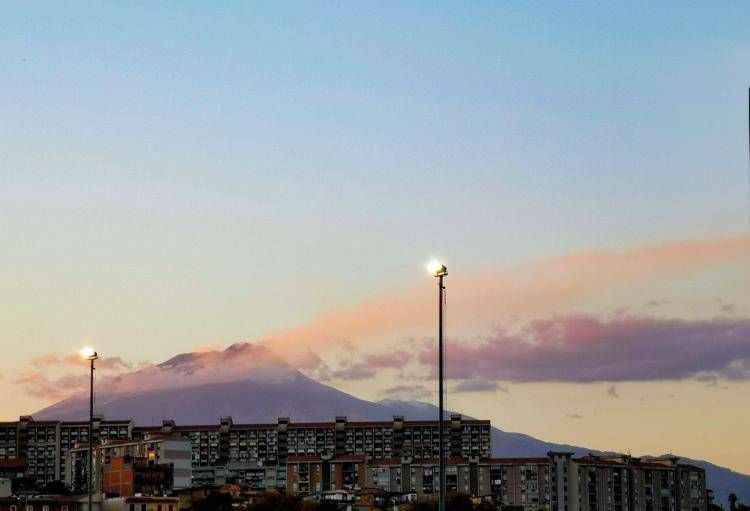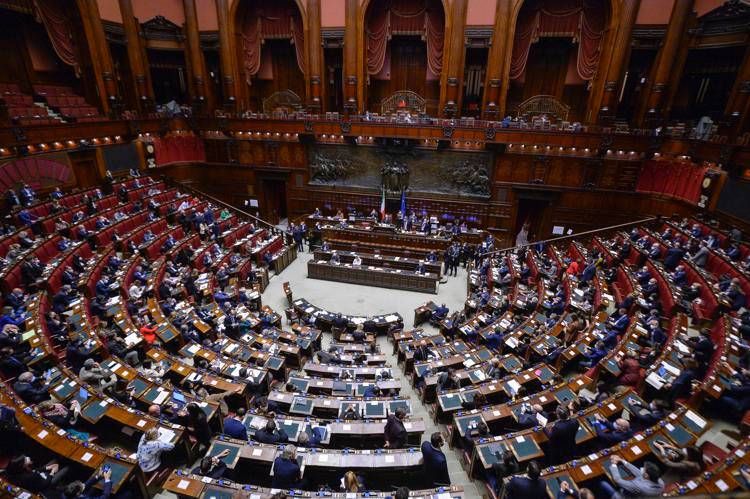
Iran threatens to close the Strait of Hormuz: risk of global energy shock
-


Attacco Usa in Nigeria contro l’Isis, Trump: “Risposta al massacro di cristiani” VIDEO
-


Frana a Cormons: disperso un giovane e un’anziana sotto le macerie VIDEO
-


Tifone Fung-Wong colpisce le Filippine: un milione di evacuati VIDEO LIVE
-


Cargo Ups precipita in Kentucky: sette morti e diversi feriti VIDEO
Tehran wields its most powerful economic weapon: blocking 25% of the world’s oil supply. Marine insurance costs are already skyrocketing
The threat is direct and potentially devastating: Iran could close the Strait of Hormuz in response to the Israeli military offensive. Such a move would jeopardise a quarter of global oil supplies, paralysing shipping routes between the Persian Gulf and the Arabian Sea and pushing up energy and transport prices worldwide.
‘Closing the Strait is one of the options available,’ said Behnam Saeedi, a member of the National Security Committee of the Tehran Parliament. A deterrent that, according to Iranian strategy, would affect the entire global trade chain, damaging Western countries and the Gulf monarchies that have so far remained largely neutral.
The Strait of Hormuz, just 33 kilometres wide at its narrowest point, is the only passageway for oil and liquefied natural gas (LNG) from Saudi Arabia, Qatar, Iraq, the United Arab Emirates, Kuwait and Iran itself. According to the U.S. Energy Information Administration, an average of 20 million barrels of crude oil per day passed through there in 2024, while for the International Energy Agency, Hormuz represents the exit route for 25% of global oil.
Even a temporary blockade, according to analysts, would cause an immediate jump in crude oil and LNG prices, as well as driving up the costs of transport and insurance for goods. This is already evident: the Financial Times has reported a 60% increase in insurance premiums for ships transiting the Strait since the first week of the Israeli offensive.
However, for Tehran, this remains a double-edged sword. Closing Hormuz would also damage its own commercial interests, as Iran continues to export energy through that same corridor. But in a scenario of total escalation, it could decide to sacrifice profits in exchange for a geopolitical coup, especially if the United States were to officially enter the conflict alongside Israel.
Finally, there is the growing risk of permanent insecurity. Even if the Strait remained formally open, growing instability and the threat of seizures by the Pasdaran, as has happened in the past, would make it a very high-risk passage, as is the case in the Red Sea with the Houthi attacks.
It is no coincidence that Saudi Arabia and the United Arab Emirates, albeit without significant success, have sought alternatives by building oil pipelines to bypass Hormuz. But as long as it remains central to global energy routes, any crisis in the Gulf will have global repercussions.
Translated with DeepL.com (free version)
THE LATEST NEWS
(Photo: © AndKronos)
-

 News8 ore ago
News8 ore agoIntossicazione alimentare a Pietracatella, madre e figlia morte dopo la cena della Vigilia
-

 Primo Piano2 giorni ago
Primo Piano2 giorni agoOperazione antiterrorismo a Genova, nove arresti per finanziamento a Hamas
-

 Scienza e Ricerca1 giorno ago
Scienza e Ricerca1 giorno agoAllerta Etna: il vulcano passa al livello giallo, preallerta attiva
-

 News21 ore ago
News21 ore agoManovra 2026 alla Camera: fiducia, emendamenti e misure principali









